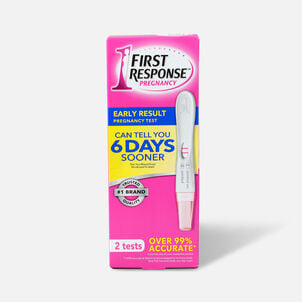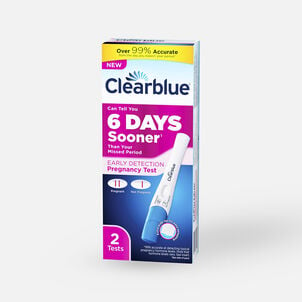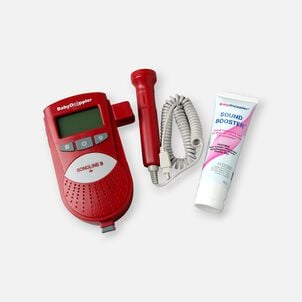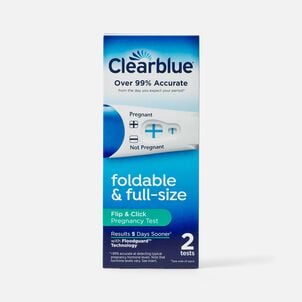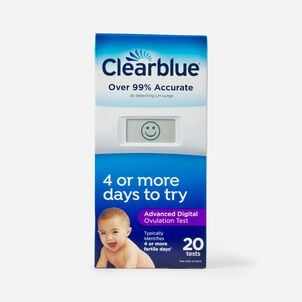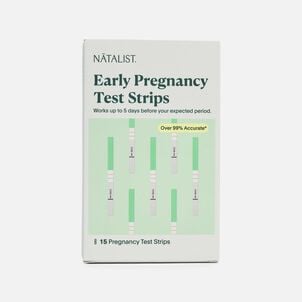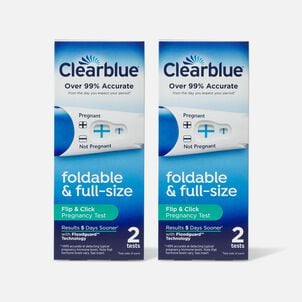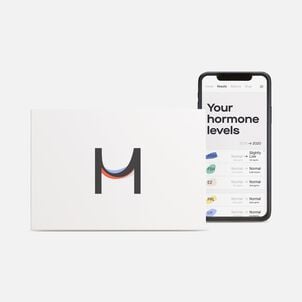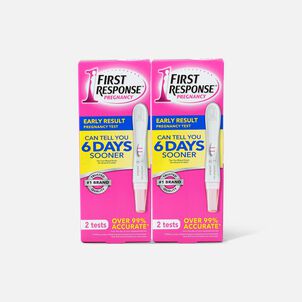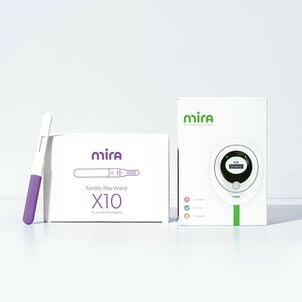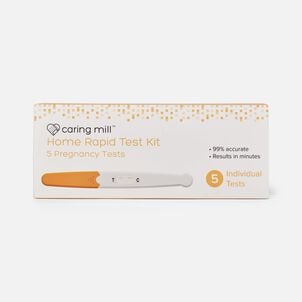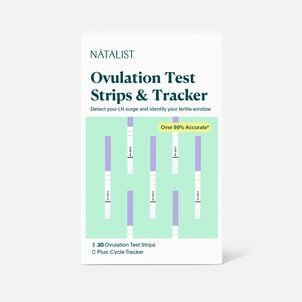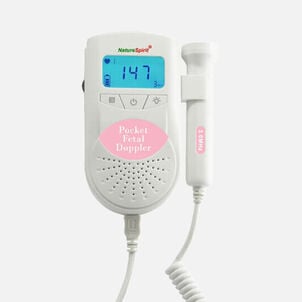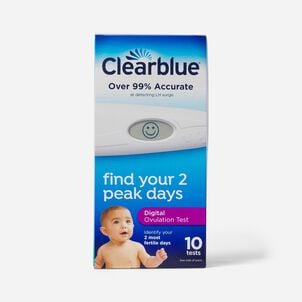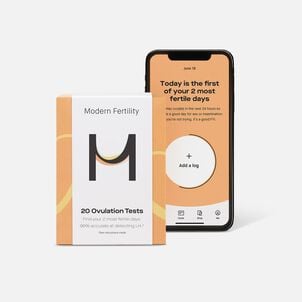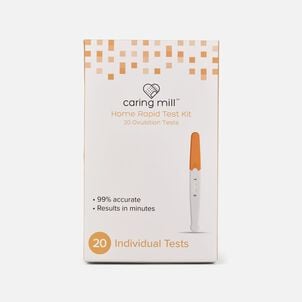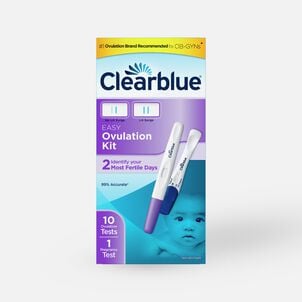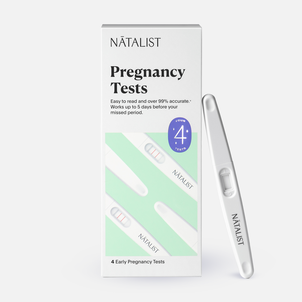The Complete FSA Eligibility List
Here it is — the most-comprehensive eligibility list available on the web. From A to Z, items and services deemed eligible for tax-free spending with your Flexible Spending Account (FSA), Health Savings Account (HSA), Health Reimbursement Arrangement (HRA) and more will be here, complete with details and requirements. Important Reminder: FSAs, HRAs and other account types listed may not all be the same. Be sure to check with your administrator to confirm if something is eligible before making a purchase.
Here it is — the most-comprehensive eligibility list available on the web. From A to Z, items and services deemed eligible for tax-free spending with your Flexible Spending Account (FSA), Health Savings Account (HSA), Health Reimbursement Arrangement (HRA) and more will be here, complete with details and requirements. Important Reminder: FSAs, HRAs and other account types listed may not all be the same. Be sure to check with your administrator to confirm if something is eligible before making a purchase.
Pregnancy and Fertility Kits: FSA Eligibility
Pregnancy and Fertility Kits: eligible with a Flexible Spending Account (FSA)FSA Eligible Pregnancy & Fertility Tests
What are pregnancy and fertility kits?
A fertility kit is a take-home test that is sold Over-the-Counter (OTC) and is eligible for reimbursement with a consumer-directed healthcare account. Fertility kits are sold for both men and women. Fertility kits test a man's sperm count and can indicate whether his sperm count is normal (20million) or lower than that. Fertility tests for women read her status of ovarian reserve and pregnancy potential, if used on the third day of her cycle, by reading her follicle stimulating hormone (FSH).
Pregnancy kits are more commonly referred to as pregnancy tests. A pregnancy test is a take-home test that reads the urine's concentration of human Chorionic Gondotrophin, or HCG. HCG is a hormone that is produced when a woman becomes pregnant, and it reaches its highest concentration between weeks 8 to 11 of pregnancy. HCG levels subsequently drop around weeks 12 and 16. False negatives are more likely to occur in a pregnancy test, as opposed to a false positive. A pregnancy test is most accurate when taken on the first day of a missed period. Excessive fluid intake (too much water, etc.) can dilute the individual's urine to the point that HCG levels become difficult to read by the pregnancy test. This would produce a false negative, for example, in some situations (American Pregnancy Association).
A woman who is taking fertility medications may produce a false positive result with a home pregnancy test due to the presence of HCG in many fertility medications. However, most medications including antibiotics will not affect the results of a home pregnancy test.


